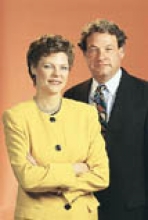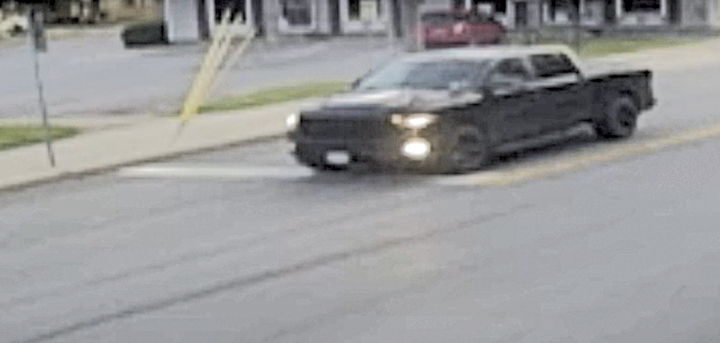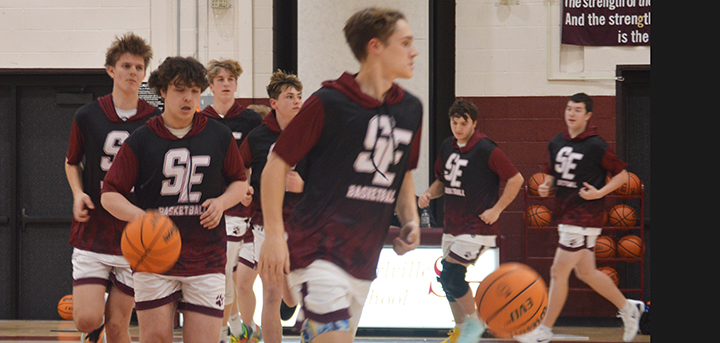Sharing pain and land
“What really connects us is the pain,” said Rami Elhanan.
A 58-year-old Israeli, Elhanan lost his 14-year-old daughter to a suicide bomber in the center of Jerusalem. An Israeli soldier killed the father of Mazen Faraj, a 32-year-old Palestinian, in Bethlehem.
Elhanan and Faraj are members of Parents Circle-Families Forum, an organization of antiwar activists drawn together by the loss of loved ones. Now on a speaking tour of the United States, sponsored by Catholic Relief Services, they recently sat down for a talk.
“This sense of pain has an enormous power,” Elhanan told us. “It’s like nuclear power. You can use it to bring darkness and destruction, or you can use it to bring light and hope. This is what we do, by combining our pain together.”
It’s hard to be optimistic about the Israeli-Palestinian conflict. President Bush’s recent Middle East trip highlighted his failure to capitalize on the goodwill generated at the Annapolis peace conference last November. Three key leaders -- Israeli Prime Minister Ehud Olmert, President Mahmoud Abbas of the Palestinian Authority and Bush himself -- are discredited figures who lack the stature and support to push negotiations forward.
But Elhanan and Faraj insisted that ordinary people, Israelis and Palestinians alike, are yearning for peace. Their mission is to galvanize those feelings by traveling and speaking together, telling their stories and breaking through the encrusted stereotypes that dominate thinking on both sides of the border.







Comments